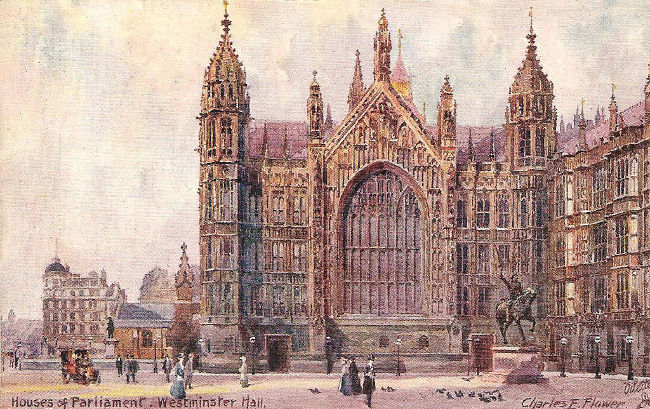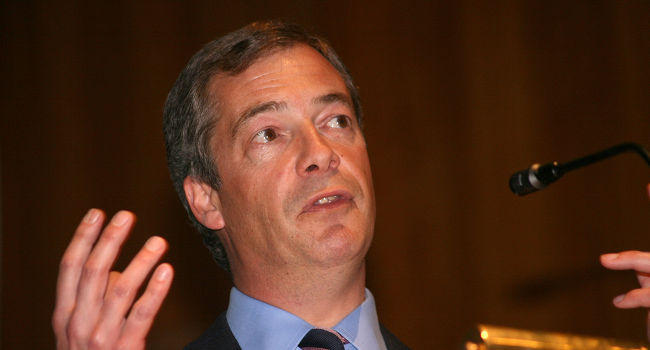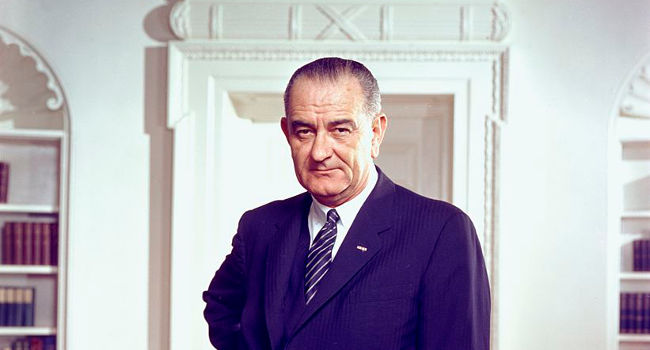The Liberal Democrats scooped up a raft of honours and peerages on Thursday for MPs kicked out of Parliament in the general election and donors to the party, despite previously campaigning to turn the Lords into an elected body.
Chief among the new lords is former business secretary Vince Cable, whose defenestration from his Commons seat in Twickenham at the general election by 2,000 votes was seen by many as the apex of the party’s destruction on that night.
He is joined by deputy leader and former Gordon MP Malcolm Bruce, former Berwick-upon-Tweed MP Alan Beith, former Hazel Grove MP Andrew Stunell, and former Bath MP Don Foster, all of whom stepped down before the general election, thus avoiding the rout the other members suffered.
Lynne Featherstone, who held her Commons seat in Hornsey and Wood Green for a decade until she lost by more than 10,000 votes to Labour MP Catherine West earlier this year, will also be made a peer.
Also recognised in the honours was Danny Alexander, second to chancellor George Osborne throughout the coalition government, who was turfed out by more than 10,000 vote in his Commons seat in Inverness, Nairn, Badenoch and Strathspey, but will now be a knight.
Such appointments will fuel suspicion that since its reform under Labour prime minister Tony Blair the Lords and the honours system is regularly abused to empower politicians rejected by voters, as well as invite allegations of hypocrisy upon the Liberal Democrats.
Government guidelines state the wider honours system is intended to recognised those that “made achievements in public life” or “committed themselves to serving and helping Britain”, though ostensibly it recognises those that helped whichever parties happened to be in power at the time.
In a statement Tim Farron, leader of the Lib Dems, said:
“Liberal Democrats are committed to root and branch reform of the House of Lords. Today’s appointments introduce a new wave of Lib Dems determined to fight for change.”
Among the benefits of being a Lord are a £150 or £300 stipend that can be claimed for attending a session in the chamber, as well as the opportunity to influence and delay legislation as it passes up from the Commons for review.
At present the Lords numbers 781, making it the second largest legislative body behind the National People’s Congress in China, a rubber stamping chamber that numbers 2,987, for a nation of more than 1.3bn people.
With these additional peers the Lords will number 826, for a nation of 64m.
Image Credit – Westminster Old Palace Yard, 1911 by Charles Flower





